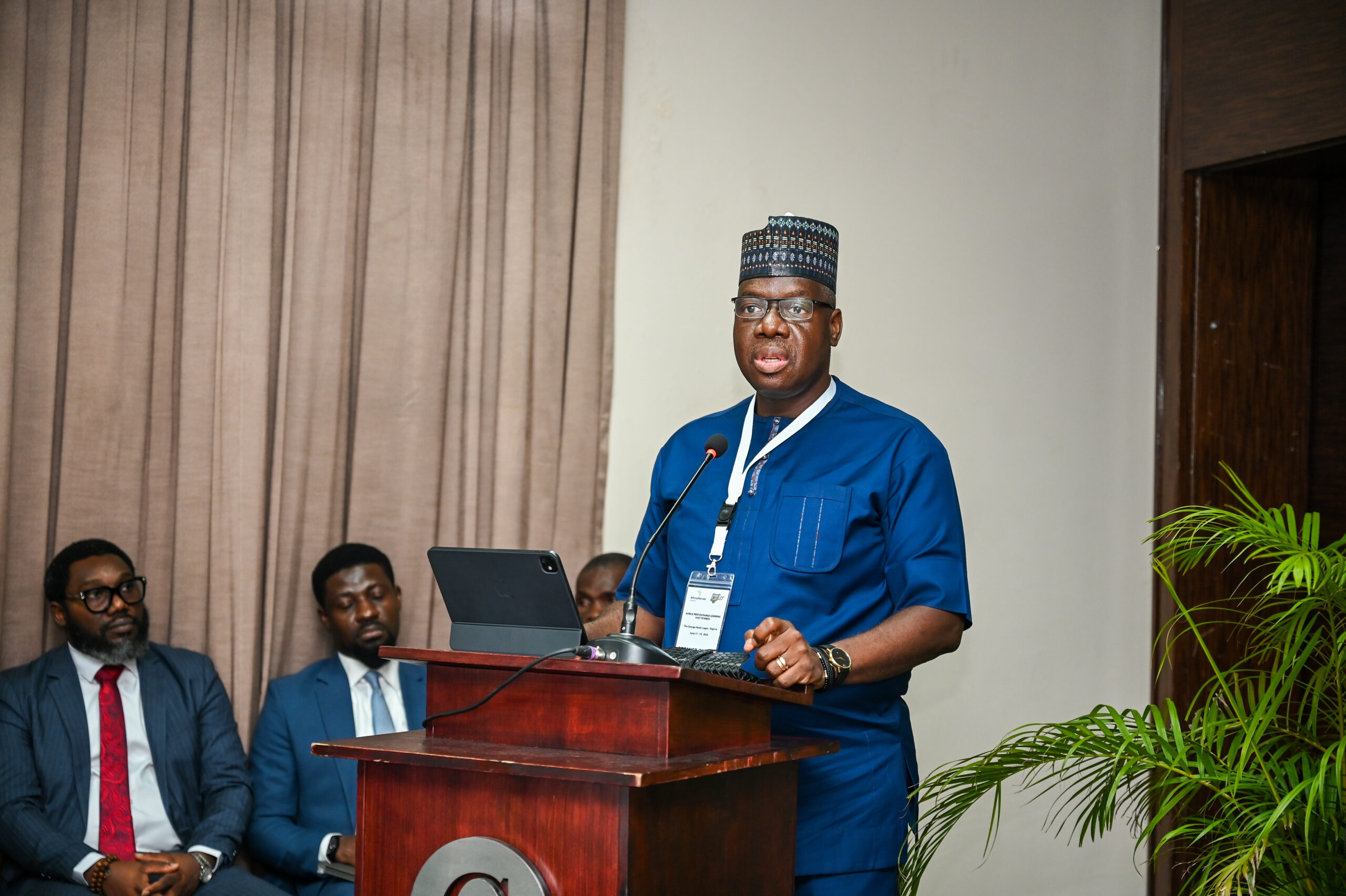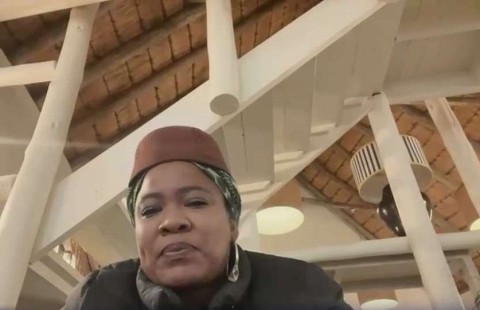Winter is over, and now the summer highway work season begins on I-70 - NewsBreak
By Scott Weiser [email protected],
13 hours ago
Winter is over, and now the summer highway work season begins. The I-70 corridor from Denver west has experienced its share of winter stoppages and delays due to vehicles getting stuck on the passes. Now, additional delays are anticipated for the corridor due to ongoing maintenance and construction.
The Colorado Department of Transportation provided The Denver Gazette with a list of projects scheduled for this year on I-70. Many are ongoing multi-year projects.
“Traveling I-70 from the Utah state line to Denver is one of the most scenic interstate drives in the country,” said Matt Inzeo, CDOT Communications Director, in a statement to The Denver Gazette. “To keep it that way, CDOT has to take advantage of a very small annual window to complete construction work, and our maintenance crews are always on their toes responding to snowstorms that regularly affect the road surface from late October into late May or June, as well as rock fall risks in the shoulder seasons and mudflows after monsoons.”
The most significant project is the ongoing Floyd Hill project, which aims to straighten curves and improve highway safety from Evergreen to Idaho Springs. This is a major reconstruction project that involves blasting rock walls and constructing new bridges and is expected to continue through late 2026.
Travelers can expect lane and ramp closures on I-70, traffic flaggers, and alternating traffic on U.S. 40 detours. There will be 20-minute I-70 traffic holds for rock blasting through the end of 2026.
CDOT advises drivers to watch for new traffic patterns, narrowed lanes and shoulders and reduced speed limits.
The project will add a third westbound I-70 travel lane through a two-lane bottleneck, improving travel time reliability. This new lane will be a full-time, tolled Express Lane from just west of Homestead Road (Exit 247) to Idaho Springs (Exit 241).
The alignment of I-70 from the middle of Floyd Hill to the Veterans Memorial Tunnels will straighten roadway curves, improving safety and sight distance. Bridges will be rebuilt due to heavy usage and wear and tear.
A two-mile section of frontage road will be added between the U.S. 6 and Hidden Valley/Central City Parkway interchanges, improving resiliency and emergency response.
Resurfacing work on I-70 between the Chief Hosa exit and Morrison will begin in mid-July and extend through Fall 2025.
There will be westbound lane shifts with reduced lane and shoulder widths, along with single and double lane closures at night.
Farther west, construction on West Vail Pass will cause some traffic disruptions throughout the summer and fall.
From early to mid-June, rock-scaling activities will require traffic holds Monday through Thursday from 9:30 a.m. to 2:30 p.m. each day.
From mid-June to early September, intermittent traffic holds will occur one or two days a week while helicopters lift avalanche mitigation materials into place.
The traffic holds will last approximately 20 minutes in both directions, but delays may be longer as the queues are cleared.
Work on the auxiliary lanes will continue until November 2025, when construction will pause for the winter.
The Vail Pass Recreation Path will remain open and accessible to riders and trail users this season, but regular path maintenance will resume in June. There is the potential that recreation trail users will need to be held, just like vehicle traffic on I-70, during rock scaling and helicopter activity. The conditions on the Vail Pass recreation path are weather-dependent.
East of Silverthorne (Exit 205), repairs to culverts at Straight Creek will require daytime single lane and shoulder closures in both directions from July 2025 to Fall 2026
The Vail Pass Rest Area replacement project is expected to be completed this summer. The project has been delayed several times due to budget shortfalls and bad weather.
The new rest area features a new rest area building, a new freshwater treatment system, parking, and improved user circulation, with separate parking areas for passenger vehicles and commercial trucks. Additionally, it features snow removal equipment storage for enhanced maintenance operations and safety improvements for recreational users who cross through the facility.
I-70 through Glenwood Canyon bridge joint maintenance will be ongoing from May 2025 to August 2026, requiring daytime weekday single-lane closures in both directions.
As if construction during the summer isn’t enough to frustrate drivers, winter conditions and vehicles getting stuck, as well as accidents, have added more than a month’s worth of delays for travelers in the last eight months.
According to CDOT, from September 1, 2024, through May 28, 2025, the I-70 corridor from Glenwood Springs to Golden experienced 683 full closures, lasting a total of 830 hours, involving 3,271 incidents, and 2,588 partial closures.
According to a 2017 study, the CDOT stated that a closure on the I-70 Mountain Corridor is estimated to cost $1.6 million per hour, which would amount to $1.32 billion in economic impacts.
Colorado requires that all commercial vehicles with a gross vehicle weight rating of 16,001 pounds or more carry chains or other traction devices on their vehicles from September 1 through May 31 every year along seven mountain routes. This is an expansion of routes passed and rules by the General Assembly in 2024 as part of Senate Bill 24-100 and includes:
• Interstate 70 (I-70) west of milepost 259 (Morrison);
• Colorado State Highway 9 from milepost 63 to milepost 97 (Frisco to Fairplay);
• U.S. 40 west of milepost 256 (Empire);
• U.S. 50 west of milepost 225 (Salida);
• U.S. 160 west of milepost 304 (Walsenburg);
• U.S. 285 west of milepost 250 (Morrison); and
• U.S. 550 from milepost 0 to 130.
The Colorado State Patrol recently released statistics on the number of stoppages and tickets issued on I-70 during this season’s chain law period.
According to Captain John Hahn of the Motor Carrier Safety Division, troopers contacted 2,596 total vehicles during that time. 1,836 of those were commercial vehicles or trucks, and 760 were non-commercial vehicles. Trucks not carrying the required chains were up about 30% over last year, he said.
“We cited 643 drivers and 166 CMV drivers for trucks not carrying chains, and 643 citations for various driving violations,” said Hahn. “So far this year, we've issued 122 citations for CMVs that did not chain up and were blocking a portion of the roadway, 374 for not being chained up as required when the chain law was in effect. We have also issued 257 citations for passenger vehicles that were not complying with traction laws in our state. That's something that a lot of people don't fully understand — there is also an obligation for everybody that uses that road, passenger vehicles included, to comply with traction laws.”
The law also provides for fine enhancements for commercial vehicles caught speeding in specific areas, including Glenwood Canyon. Additionally, it prohibits commercial vehicles from driving in the far-left lane on I-70 between Floyd Hill and Glenwood Springs, unless they are passing a vehicle moving below the posted speed limit.
“As a born Coloradan, I've spent my entire life operating on that corridor, and I know how challenging it is, and our members know how challenging it is,” Said Hahn. “But it's also the shared responsibility that we have from everybody that uses that corridor, whether it's a truck, a passenger vehicle, whether it's somebody just trying to get through our state, headed home, headed to work, or headed up to play. It is a responsibility across the state.













